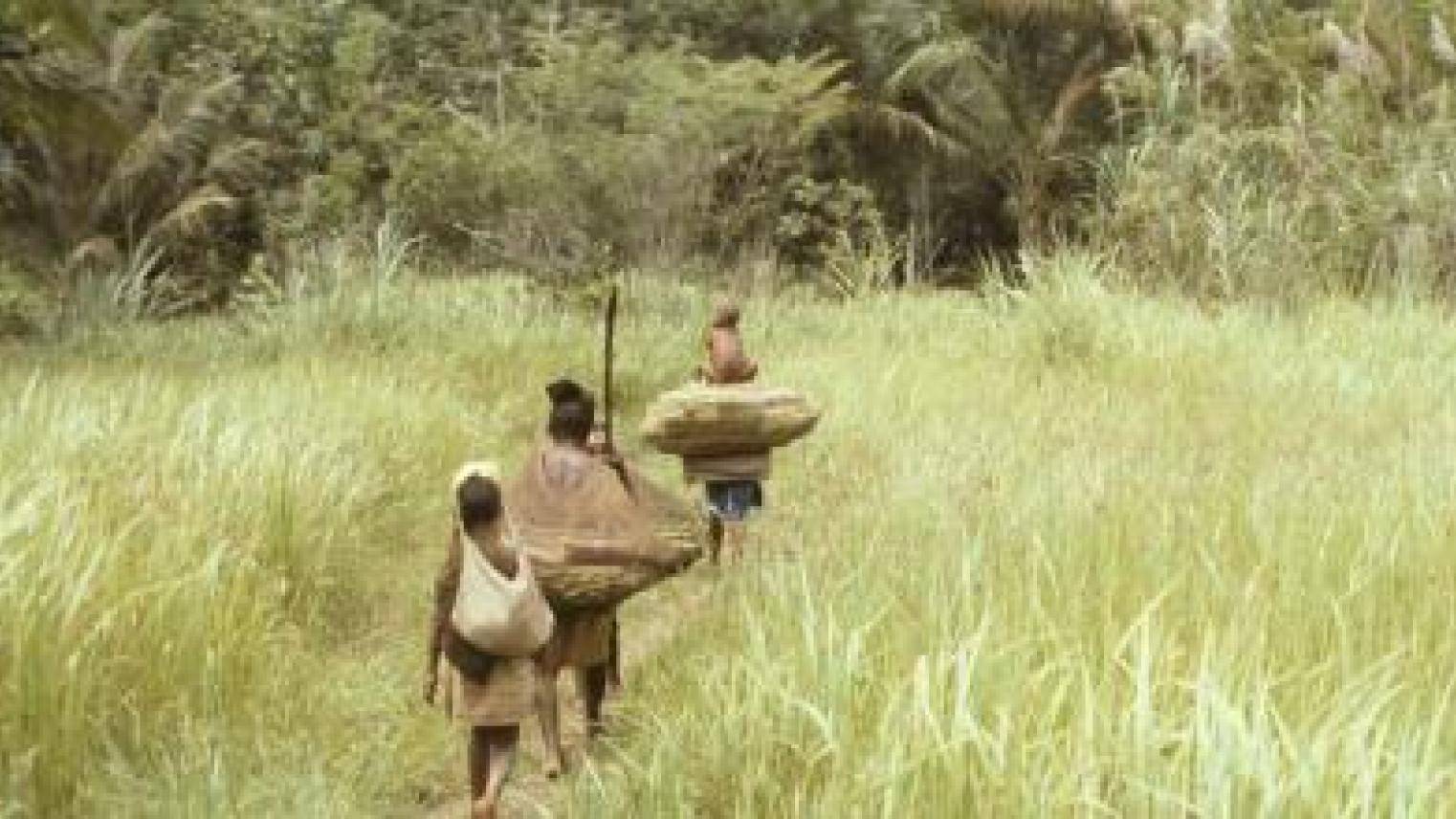Data on some 100 New Guinea communities indicate that types of leadership (principally, Big-man, Great-man, egalitarian/minimal leadership, and [petty] chiefs) correlate moderately to strongly with a variety of other social phenomena, including population density, polity size, settlement patterns, wife capture, marriage patterns ('sister'-exchange versus bridewealth), forms of war (large-scale raids cf. small ambushes cf. open battles), and exo-cannibalism. Closer investigation suggests that, among these variables, the distribution of population on the land (i.e., population density and settlement nucleation/dispersal) strongly facilitates the others, with population distribution strongly dependent on resource productivity. This seminar presentation reviews the empirical evidence for these claims and suggests several explanations for how and why density and nucleation play such pivotal social roles.
About the Speaker
Professor Paul “Jim” Roscoe is Distinguished Professor at the University of Maine. His extensive fieldwork amongst the Yangoru Boiken of the East Sepik, Papua New Guinea has informed theories on the origins of war, incest taboos and political evolution. Recently, his research focus has been on the human dimensions of climate change, and in particular how anthropological research can improve the models of human systems currently being used in predicting, mitigating, and adapting to climate change.
Event Speakers

Professor Paul Roscoe
Professor Paul “Jim” Roscoe is Distinguished Professor at the University of Maine. His extensive fieldwork amongst the Yangoru Boiken of the East Sepik, Papua New Guinea has informed theories on the origins of war, incest taboos and political evolution.
